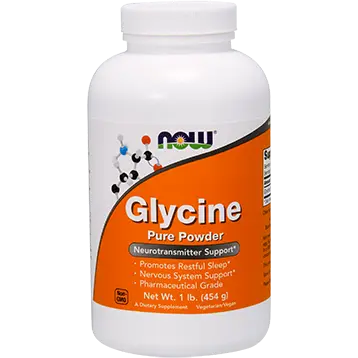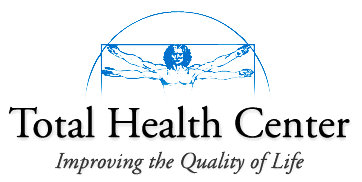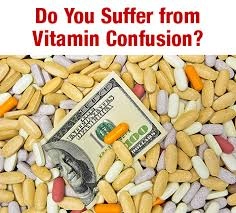While dietary supplements cannot take the place of a healthy lifestyle, they can be used strategically to boost your health, especially in cases of deficiency. In the U.S., 57.6% of adults aged 20 and over, use supplements, with multivitamins, vitamin D and omega-3 fats representing the top three. Another survey put the percentage of Americans using supplements at 86%.
So, it’s safe to say that many people are interested in taking control of their health with the support of supplemental vitamins, minerals, and other compounds. But, when it comes to supplements, more isn’t always better.
To ensure you’re using only supplements you need — avoiding wasting your money while maintaining your body’s balance — I recommend using dietary interventions first. Having a nutritionally based doctor evaluate your blood work and health is the key to effective supplementation.
L-Glycine
Glycine is the smallest and simplest amino acid, making it versatile for use in a wide range of functions. Glycine is necessary for the production of glutathione, DNA, creatine, bile, hemoglobin, and most proteins. It also helps to promote glycogen storage, thereby making glucose readily available for energy production. Glycine also functions as a calming neurotransmitter in the brain, where it facilitates nerve impulses and is important for the maintenance of healthy sleep patterns.
I personally take teaspoon (about 5 grams) of glycine twice a day, in the morning and before bed. Glycine is an amino acid and is an important methyl-group donor. Methyl groups are found in DNA, where they play a role in cellular reactions. Glycine helps protect against intracellular calcium overload and hypoxia and has anti-inflammatory effects.
In addition to supporting brain function, supplemental glycine may be useful for the “prevention and control of atherosclerosis, heart failure, angiogenesis associated with cancer or retinal disorders and a range of inflammation-driven syndromes, including metabolic syndrome.” Importantly, glycine is also a glutathione precursor, discussed below. Ray Peat has shown that glycine is:
Anti-excitatory |
Anti-stress |
Anti-inflammatory |
| Anti-Serotonin | Anti-estrogenic | Improves learning & memory |
| Promotes recovery from strokes & seizures | Cell protective | Promotes wound healing |
| Inhibits tumor formation | Inhibits lipolysis |
In addition, glycine is found in high concentration in collagen. The primary amino acid is essential for skin, hair, nails, and all connective tissues. The primary type of meat people consume is primarily muscle meat. The practice of consuming other parts of the animal such as organs and connective tissues in less desirable cuts has resulted in an imbalance of certain amino acids including glycine.
Call the office to order. (757)363-8571


